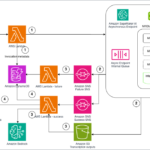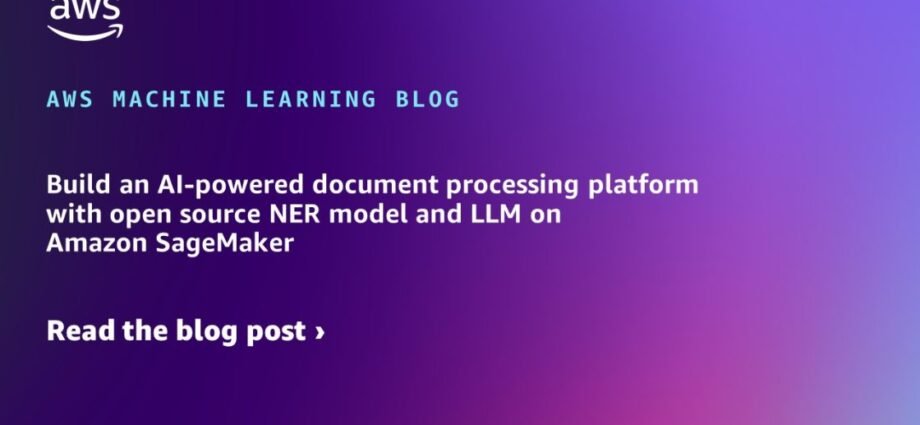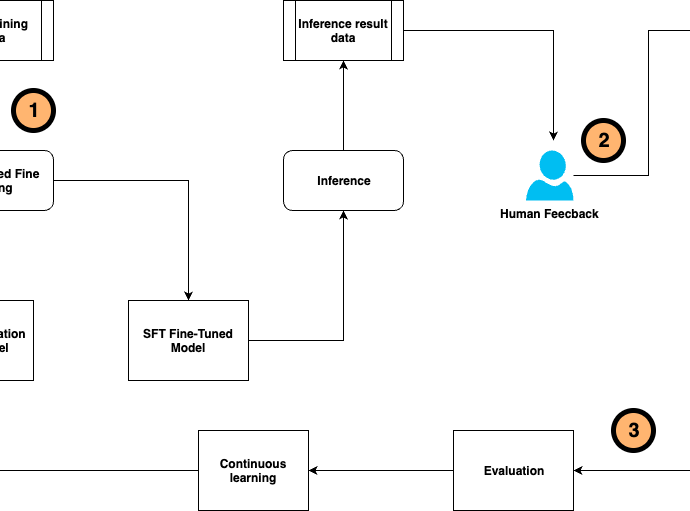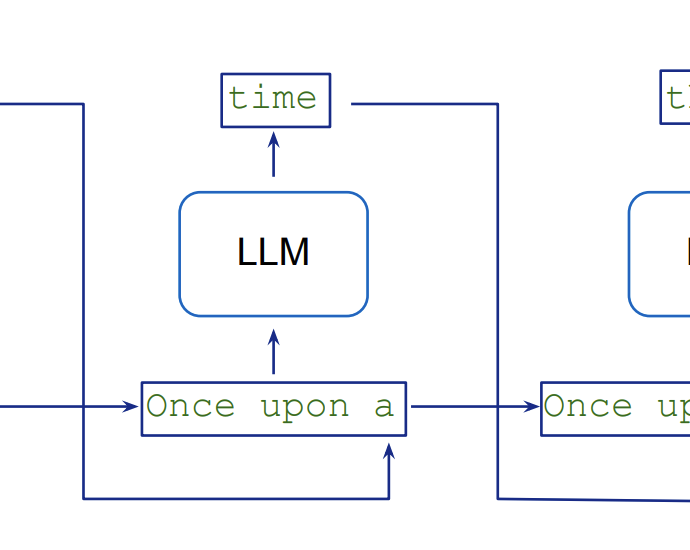Build an AI-powered document processing platform with open source NER model and LLM on Amazon SageMaker | Amazon Web Services
Archival data in research institutions and national laboratories represents a vast repository of historical knowledge, yet much of it remains inaccessible due to factors like limited metadata and inconsistent labeling. Traditional keyword-based search mechanisms are often insufficient for locating relevant documents efficiently, requiring extensive manual review to extract meaningful insights.Continue Reading



















